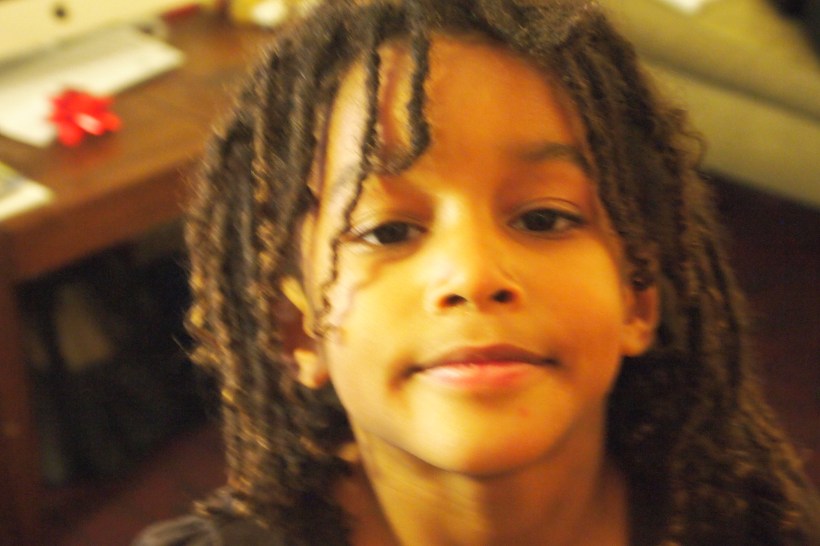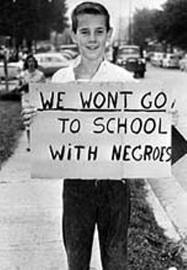It seems we mothers spend a lot of time – and ink – talking about how hard it is to be a mother.
Numerous books, parenting blogs and websites are devoted to the topic. On playgrounds and playdates, mothers huddle together and talk about how incredibly difficult this motherhood game really is.
And yet the voices of some of us mothers mostly remain unheard.
The point of this post is not to compare notes to see which moms have it worst. Mothering is hard. It’s hard whether you’re single or married, whether you’re successfully co-parenting with a cooperative ex, or doing it all by yourself, whether you have the help of a village or only the help you are able to pay for.
But I want to talk about the special hardships faced by single mothers who are doing it alone. Really alone. Without the help of a reliable spouse, co-parent, or a network of friends or family members who pitch in whenever possible.
For several years after my divorce, I sacrificed having a personal life for the sake of my kids. Weekends were consumed by soccer, gymnastics, baseball, softball, tennis, golf, ice skating – you name an activity, we probably tried it. Dating? Hah! I wasn’t ready. Focusing on the kids was a great way to avoid thinking about how badly I’d flubbed the whole “picking the right partner” thing.
I didn’t become SuperMom because I wanted to. I did it because I lacked an alternative. I live in New York City. My family is in Michigan. My ex-husband was – and is -absent and uninvolved.
I had the help I was willing to pay for. I paid full-time rates for part-time babysitters to ensure I had someone to pick the kids up from school and care for them on half-days and school holidays. The extra expense killed my budget, but my work schedule was too demanding to enable me to rely on afterschool programs.
Recently, I tried co-parenting with my ex-husband, an experiment that now seems short-lived. His last overnight visit with the kids was New Year’s weekend. He is too unreliable to keep a regular visiting schedule, and I don’t have the energy to deal with the litany of excuses.
Although single parenting would be tough even if I worked at home, my demanding executive job makes the juggling even more difficult. Plus, in addition to my day job, I do speaking enagements and lectures. I write, for this blog and others, on my own time.
I even finally started dating again.
The writing, the dating, the lecturing, and some occasional exercise are things I do for myself. But they take away from the time I spend with my kids. I can no longer devote every weekend to their activities. And I feel incredibly guilty about it.
For example: my son is a natural baseball talent. Yet I don’t have time to take him to a baseball coach to work on his skills. I don’t have time – or a good enough pitching/throwing arm – to take him to the park and help him work on his catching, fielding and hitting. I haven’t found time to have him try out for a travel team – and even if he did, I’m not sure I would be able to haul him around from game to game.
His father, who played baseball in high school, takes no interest in his son’s baseball development. I get angry about this sometimes, and then I realize being angry is futile.
Well-meaning friends tell me to stop beating up on myself. They tell me to focus on the fact that, all by myself, I have raised smart, independent thinkers who are thriving in some of New York City’s most competitive schools.
I do acknowledge my blessings. But still, I’m tired. So please forgive me for indulging in a bit of whining.
Mothering is hard for all mothers. It is especially hard for us single women who are parenting completely by ourselves. And because we’re so used to doing everything all by ourselves, we don’t ask for help easily. Or always know how to accept it graciously, without constantly thanking the person who agreed to step in for us. Or apologizing for being burdensome.
So if you know a single mom who parents by herself, maybe you can offer her a little help. If your kids are friends, maybe you can offer to pick her kid up from school and host a playdate at your house. Or you can invite her kid to a weekend playdate or sleepover. Let her be the last parent to pick up her child from the birthday party. Because whether she says it or not, she values every single moment she gets to spend by herself. But she may not feel she has the right to ask for that time.
And try not to get too annoyed when she keeps saying “thank you.”











